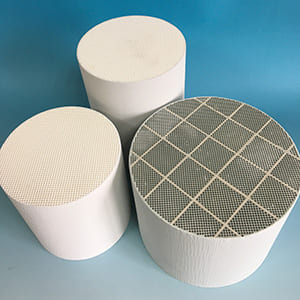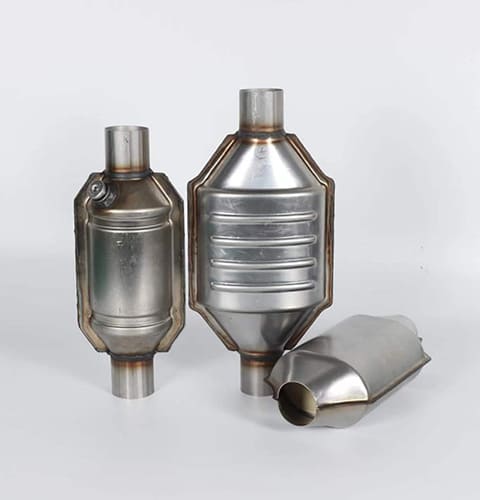Have you ever wondered how long a Diesel Particulate Filter (DPF) lasts? Does driving style impact its lifespan? What about the type of oil you use or the road conditions you frequently encounter? These are common questions for those who rely on diesel engines, and understanding the answers can help in maintaining your vehicle’s performance and longevity.
So, what is the average lifespan of a DPF filter? Generally, a well-maintained DPF can last between 100,000 to 120,000 miles. However, this lifespan can vary significantly based on several factors including driving habits, the type of oil used, and road conditions.
Different oils, different driving habits, and different road conditions will affect the ultimate life of the DPF. Also, the DPF is only coated so that the collected carbon particles can be burned at a lower temperature. It is not meant to handle converted exhaust like the coating on a 3-way catalytic converter.
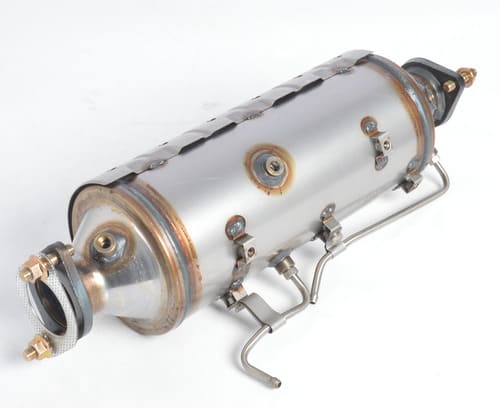
Factors Affecting DPF Lifespan
Driving Habits and Patterns
How does your driving style impact DPF lifespan? Frequent short trips or stop-and-go traffic can shorten the lifespan of a DPF. This is because the filter requires a certain amount of continuous operation to reach the high temperatures needed for regeneration, the process where accumulated soot is burned off.
Highway driving typically allows for more efficient regeneration cycles, extending the DPF’s life. On the other hand, city driving with lots of stops and starts can prevent the DPF from reaching optimal temperatures, leading to a buildup of soot and reduced efficiency.
Type of Oil Used
Does the type of oil you use affect your DPF? Yes, it does. Low-SAPS (Sulphated Ash, Phosphorus, and Sulfur) oils are recommended for vehicles equipped with DPFs. These oils produce fewer ash deposits during combustion, reducing the risk of clogging the DPF and thereby extending its lifespan.
Using the wrong type of oil can lead to excessive ash buildup, necessitating more frequent regenerations or even premature DPF replacement.
Road Conditions
How do road conditions impact the DPF? Road conditions play a crucial role in the longevity of a DPF. Rough or unpaved roads can lead to more particulate matter entering the engine, which in turn means more soot for the DPF to capture.
Smooth, well-paved roads are ideal as they reduce the amount of particulate matter produced during combustion. Additionally, long, continuous drives on highways can aid in better regeneration cycles compared to rough terrain or city driving.
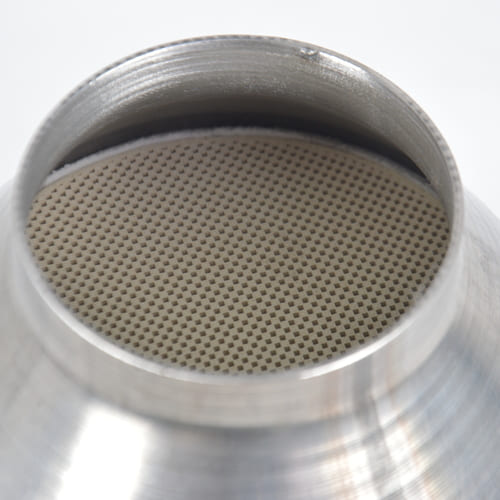
Maintenance and Care for Longevity
Regular Check-Ups and Cleaning
What maintenance practices can extend a DPF’s life? Regular inspections and professional cleaning can significantly extend the lifespan of a DPF. Many service centers offer DPF cleaning services that can remove accumulated ash and soot, restoring the filter’s efficiency.
Monitoring and Diagnostics
How important is monitoring and diagnostics? Keeping an eye on your vehicle’s DPF warning lights and diagnostics can prevent small issues from becoming major problems. Modern vehicles are equipped with sensors that monitor the DPF’s status and alert you to potential issues before they lead to expensive repairs.
Driving Recommendations
What driving practices can help maintain the DPF? To maximize the lifespan of your DPF, consider the following driving tips:
- Avoid frequent short trips; try to combine errands to ensure longer drives.
- Regularly drive on highways to allow the DPF to reach the necessary regeneration temperatures.
- Follow manufacturer recommendations for oil changes and use low-SAPS oils.
How Often Should a DPF Be Regenerated?
What is DPF regeneration and how often should it happen? DPF regeneration is the process of burning off accumulated soot to prevent clogging. Depending on your driving habits and vehicle usage, regeneration might be needed every few hundred miles. It’s crucial to allow the vehicle to complete its regeneration cycle to maintain DPF efficiency.
Can a Clogged DPF Be Cleaned?
Is it possible to clean a clogged DPF? Yes, a clogged DPF can often be cleaned using professional services. These services use specialized equipment to remove ash and soot, restoring the DPF to near-new condition. However, severe clogging might require a DPF replacement.
What Are the Signs of a Failing DPF?
How can you tell if your DPF is failing? Common signs of a failing DPF include reduced engine performance, increased fuel consumption, and the illumination of the DPF warning light on your dashboard. If you notice any of these symptoms, it’s important to have your vehicle checked by a professional as soon as possible.
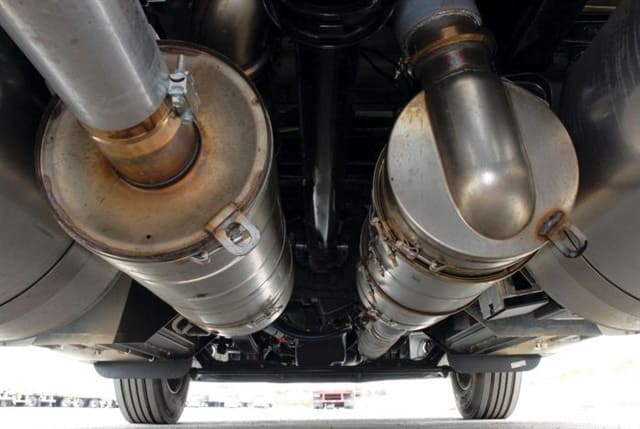
Conclusion
The average lifespan of a DPF filter can vary widely depending on factors such as driving habits, oil type, and road conditions. By understanding these factors and adopting proper maintenance practices, you can extend the life of your DPF and ensure your vehicle runs smoothly. Regular check-ups, using the correct oil, and mindful driving can make a significant difference. Keeping your DPF in good condition not only enhances your vehicle’s performance but also helps in reducing environmental impact.

